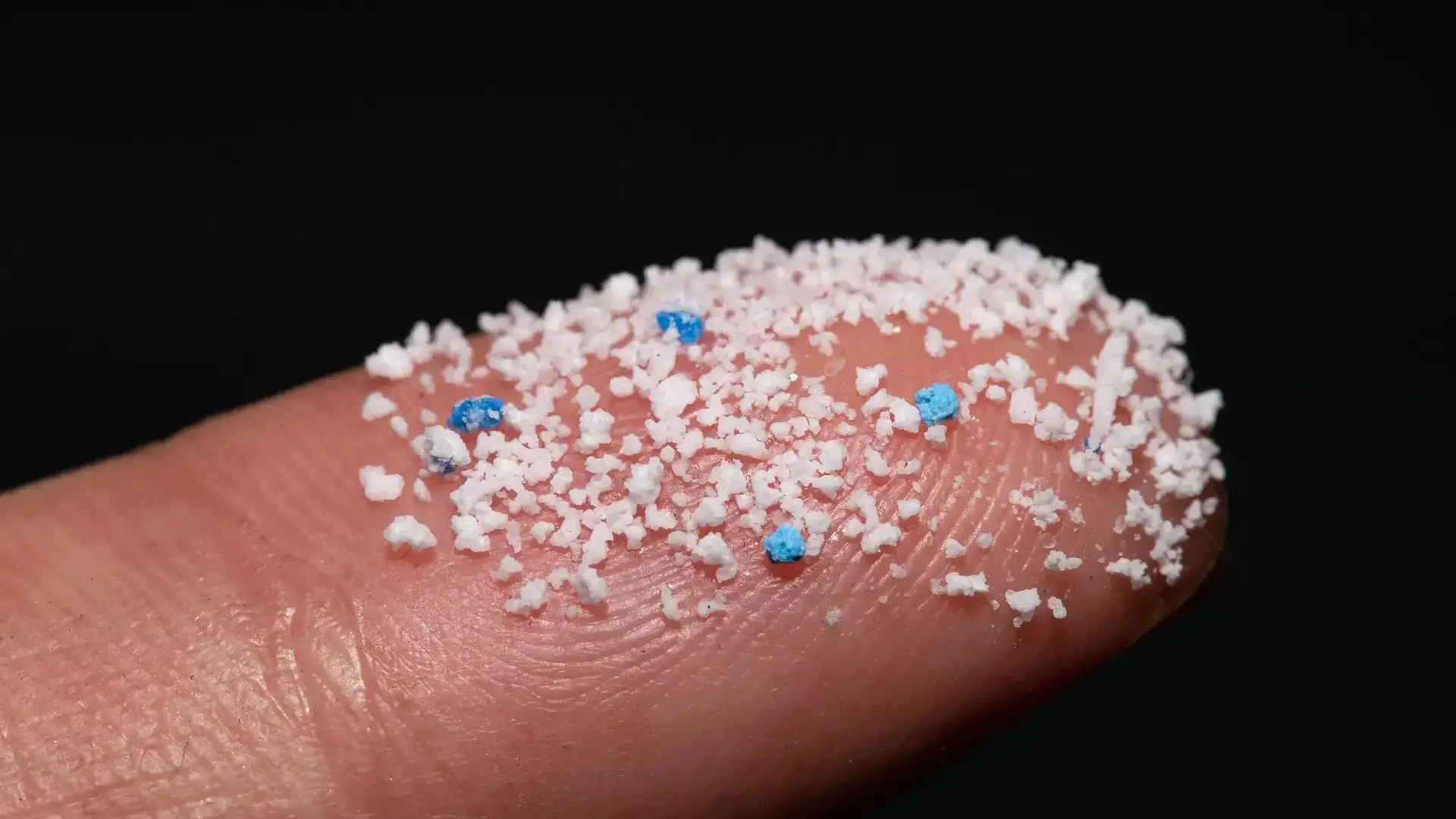Microplastic pollution has emerged as an insidious threat to our environment and health. A recent study suggests that these minute plastic particles are not just staying in our stomach but journeying to other organs, including the brain.
Microplastics are small, barely visible fragments of plastic, usually less than 5mm in size. These tiny particles are either manufactured at this size for use in products like cosmetics or formed when larger pieces of plastic break down in the environment, according to a paper published in the journal Environment Health Perspectives.
Microplastics have been detected in numerous mediums – water, air, and food. Their ubiquitous presence, as remarked by Eliseo Castillo, an associate professor from the University of New Mexico, is alarming. According to him, microplastics are found in oceans, plants, animals, tap, and even bottled water.
The study conducted at the University of New Mexico revealed that microplastics consumed through food and water or inhaled from the air don’t limit themselves to our digestive system. Instead, they permeate into other organs, including the kidney, liver, and even the brain, according to a press release from the university.
The team of researchers, led by Castillo, subjected mice to four weeks of consumption of microplastics equivalent to the amount a human ingests weekly. It was found that these microplastics migrated from their gut to other tissues within their body.
It’s been established that humans consume about five grams of microplastics each week, which is roughly the weight of a credit card. Castillo emphasized the potential health impact of continuous exposure to microplastics, from birth till old age, and raised concerns about the potential exacerbation of underlying health conditions due to microplastic exposure.
In another study published in Cell Biology and Toxicology, Castillo found that microplastics could alter immune cells called macrophages, which are responsible for protecting the body from foreign particles. This alteration can cause inflammation in the body.
The next phase of Castillo’s research will focus on understanding how diet might influence the absorption of microplastics. He plans to study the effects of different diets, such as high-cholesterol/high-fat diets or high-fiber diets, on the body’s interaction with microplastics.
Despite dietary choices, escaping microplastics seems unavoidable. A study published in the journal Environmental Pollution revealed that 90% of proteins, including vegan alternatives, contain microplastics. These particles have been linked to deleterious health consequences.




